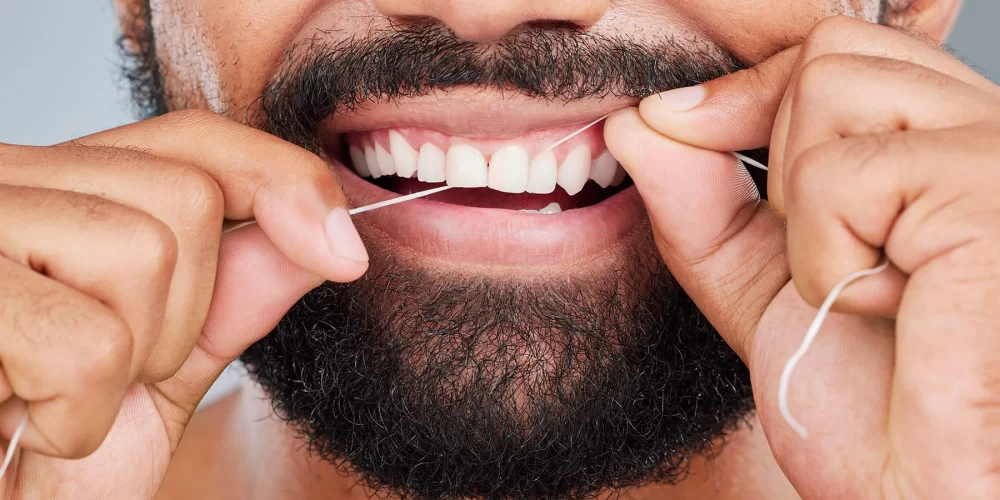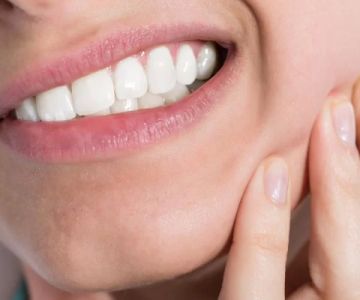
- Why Flossing Is Essential for Gum Health
- Understanding the Benefits of Proper Flossing
- Best Flossing Tips to Protect Your Gums
- Common Flossing Mistakes and How to Avoid Them
- Real-Life Stories Showing the Impact of Good Flossing Habits
- Where to Find Quality Flossing Products and Advice
Why Flossing Is Essential for Gum Health
Flossing plays a critical role in maintaining gum health by removing plaque and food particles from areas your toothbrush can’t reach. While brushing is important, it often misses the tight spaces between teeth and along the gumline where harmful bacteria thrive. Without proper flossing, plaque buildup can lead to gum inflammation, bleeding, and eventually periodontal disease.
How Flossing Complements Brushing
Brushing cleans the broad surfaces of your teeth, but flossing targets the narrow gaps where plaque accumulates. This combination is vital for preventing cavities and gum problems, making flossing a non-negotiable part of oral hygiene.
Understanding the Benefits of Proper Flossing
Proper flossing not only helps prevent gum disease but also contributes to fresher breath, healthier teeth, and overall oral wellness. Regular flossing reduces inflammation and bleeding gums, decreases the risk of tartar buildup, and supports the longevity of your natural teeth.
Scientific Insights
Studies consistently show that people who floss daily have significantly lower rates of gum disease and tooth loss compared to those who don’t. These benefits underline why adopting the best flossing tips for gum health is a wise investment in your smile’s future.
Best Flossing Tips to Protect Your Gums
Mastering the correct flossing technique is key to gaining the maximum benefits without causing gum damage. Here are essential tips to keep your gums healthy:
1. Choose the Right Floss
Select a floss type that suits your comfort and needs—whether waxed, unwaxed, tape, or a floss pick. For sensitive gums, softer floss or specialized flossers may be more suitable.
2. Use Enough Floss
Break off about 18 inches of floss, winding most around your middle fingers, leaving a few inches to work with. This ensures a clean section for each tooth, preventing bacteria transfer.
3. Gentle Technique
Carefully slide the floss between your teeth, following a C-shape curve around each tooth. Move it gently up and down along the sides of each tooth and under the gumline without snapping or forcing it.
4. Be Thorough but Patient
Floss all your teeth, including the back molars, taking your time to avoid irritation or missed spots. Consistency is more important than speed.
5. Floss Daily
Make flossing a daily habit—ideally before bedtime—to remove debris and plaque accumulated during the day.
Common Flossing Mistakes and How to Avoid Them
Even with good intentions, many people make mistakes that reduce flossing effectiveness or harm their gums. Avoid these common pitfalls:
1. Using Too Little Floss
Reusing the same floss section spreads bacteria and plaque, so use enough floss to work with a clean section for each tooth.
2. Applying Excessive Pressure
Forcing floss can injure the gums, causing pain and bleeding. A gentle approach protects delicate gum tissue.
3. Skipping Back Teeth
Molars are prone to plaque buildup but are often neglected due to difficulty reaching. Use floss picks or special flossers if traditional floss is challenging.
Real-Life Stories Showing the Impact of Good Flossing Habits
Take Emma’s story: She struggled with bleeding gums for years but was inconsistent with flossing. After learning and applying the best flossing tips for gum health, she noticed her gums stopped bleeding and felt firmer within weeks. Her dentist confirmed her gum health had markedly improved at her next check-up.
Another example is David, who was hesitant to floss regularly due to discomfort. Once he found the right floss type and technique suited for his sensitive gums, flossing became a painless daily routine, significantly reducing his gum inflammation.
Where to Find Quality Flossing Products and Advice
For those looking to enhance their oral care routine, Dentistry Toothtruth offers expert recommendations on the best flossing tools and products designed to promote gum health. Alongside professional advice, you can find products tailored to your unique needs, helping you maintain a healthier smile every day.
Incorporating these best flossing tips for gum health can transform your oral hygiene routine, preventing gum disease and supporting a confident, bright smile.







 Westgate Dental Arts
Westgate Dental Arts Coventry Family Dental
Coventry Family Dental Familia Dental
Familia Dental Dr. Daniel S. Fife, DDS
Dr. Daniel S. Fife, DDS Dentistry At Suburban Square: Michael I. Wollock, DMD
Dentistry At Suburban Square: Michael I. Wollock, DMD Comfort Care Dental
Comfort Care Dental The Importance of Oral Health Education During Pregnancy for a Healthy Pregnancy
The Importance of Oral Health Education During Pregnancy for a Healthy Pregnancy Why Skipping Dental Checkups Can Lead to Bigger Oral Health Problems
Why Skipping Dental Checkups Can Lead to Bigger Oral Health Problems Advantages of Porcelain Dental Restorations
Advantages of Porcelain Dental Restorations Best Tips for Brushing Your Teeth Properly for Healthy Gums: Essential Techniques for Oral Health
Best Tips for Brushing Your Teeth Properly for Healthy Gums: Essential Techniques for Oral Health How Can Diabetes Cause Tooth and Gum Problems? Preventing and Managing Oral Health Issues
How Can Diabetes Cause Tooth and Gum Problems? Preventing and Managing Oral Health Issues Healthy Habits for Promoting Good Oral Health and Hygiene: Tips for a Healthy Smile
Healthy Habits for Promoting Good Oral Health and Hygiene: Tips for a Healthy Smile